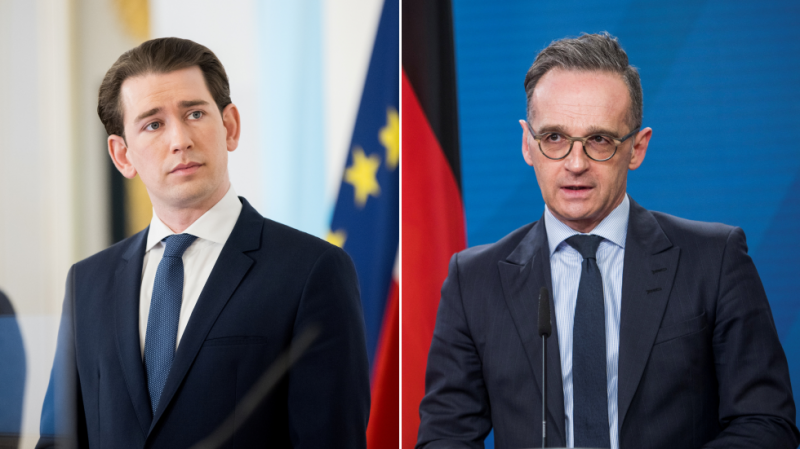
Speaking to Swiss daily newspaper Neue Zürcher Zeitung, Chancellor Sebastian Kurz spoke out against the idea of new restrictive measures aimed against Moscow. While, according to him, “the sanctions already imposed by the EU were the right thing to do,” it is now “important to focus on dialogue. Peace on our continent can only be achieved with Russia, not against it,” he said.
For that reason, Kurz said, “I am against additional sanctions as an end in themselves. De-escalation is required. It is difficult, but constant aggravation is not the way we want to go.”
The Austrian leader’s intervention echoes comments made over the weekend by German Foreign Minister Heiko Maas. Berlin’s top diplomat said ties between Russia and the EU are currently “very bad” and Germany should play a greater role in dialogue with Moscow. He added that dealing with countries one has differences with is the “essence of diplomacy.” At the same time, he said, current sanctions in response to the 2014 reabsorption of Crimea would remain in force.
Maas also claimed that further sanctions over the case of imprisoned Russian opposition figure Alexey Navalny would be counterproductive in trying to force the country to handle his case differently. “Do you think Moscow will say, ‘thank you very much for imposing even tougher sanctions?’” he asked. “I don’t think so. I think the opposite would be the case.”
READ MORE: Influential Russian MP reveals Moscow could quit Council of Europe if body takes action against Moscow over Navalny ECHR decision
In March, the EU unveiled a limited package of sanctions aimed at several officials it claimed were responsible for the jail sentence handed to Navalny, as well as those it claimed were responsible for alleged “human rights violations” in the policing of subsequent protests. However, while this would, in theory, open them up to financial and travel bans, the public servants identified are thought to be already prevented from holding assets abroad under Russian government rules.
If you like this story, share it with a friend!
© 2021, paradox. All rights reserved.





